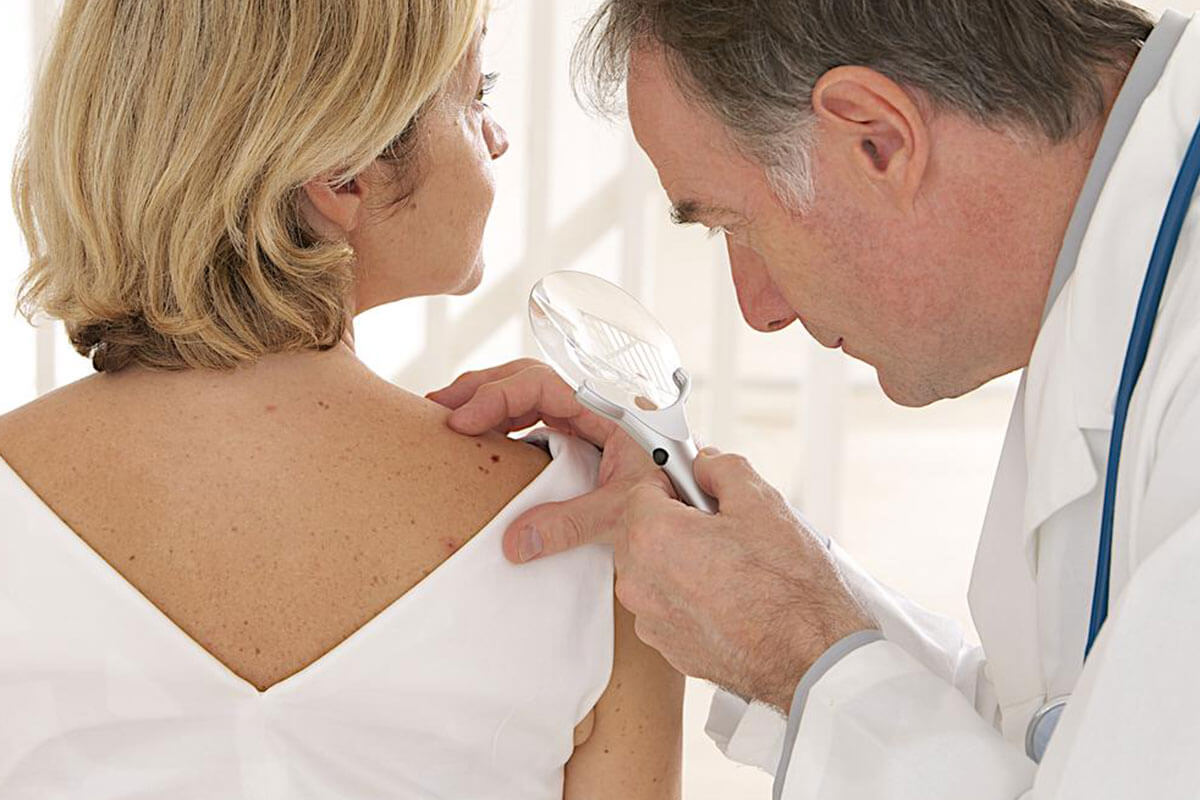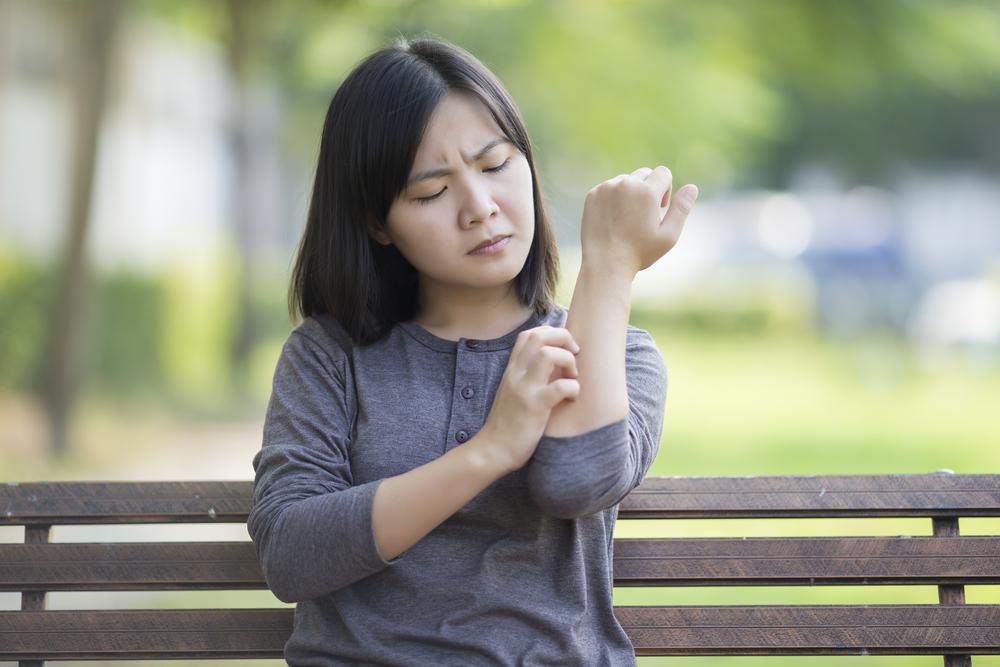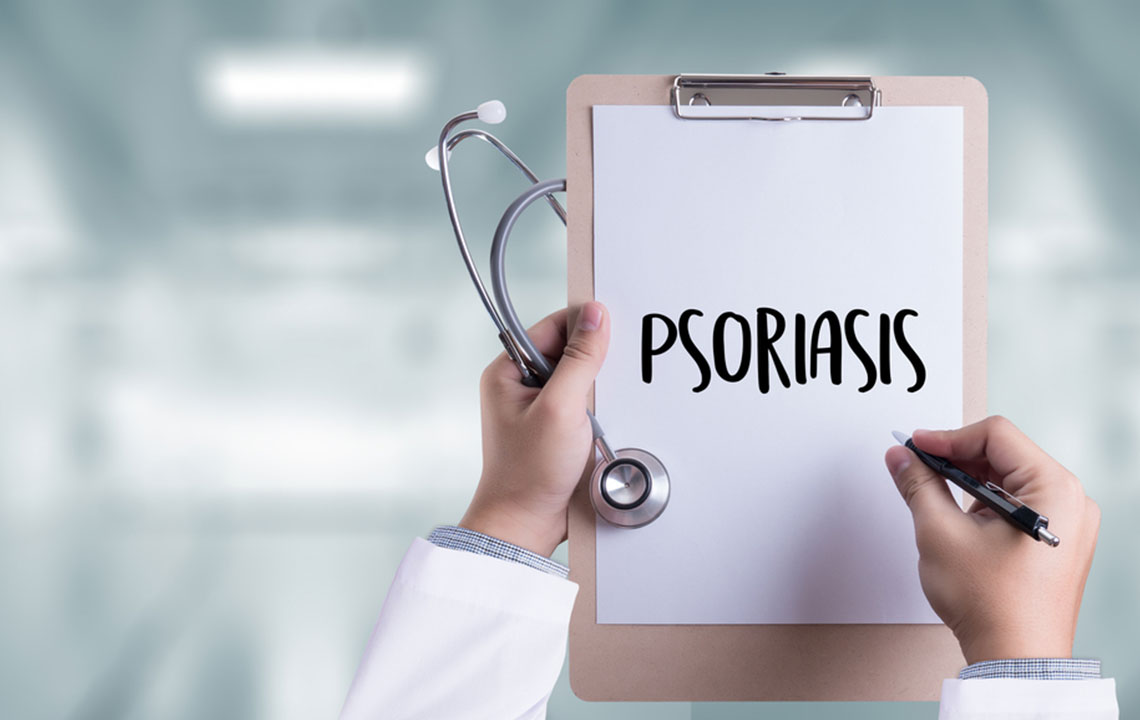Essential Factors to Avoid for Managing Psoriasis Flare-Ups
Learn about key triggers that can cause psoriasis flare-ups and how to avoid them. Managing stress, skin injuries, infections, certain medications, weather extremes, alcohol, and smoking can help control symptoms and improve quality of life. Awareness and preventive measures are essential for those living with psoriasis.
Sponsored

Individuals with psoriasis often struggle with unpredictable flare-ups. Understanding and avoiding key triggers can help minimize the severity and frequency of outbreaks.
Psoriasis is a chronic autoimmune skin condition characterized by thick, scaly, itchy patches. Symptoms include red, inflamed plaques covered with silvery scales, cracked skin that may bleed, small scale spots, thickened or ridged nails, and stiff, swollen joints. These patches vary from small spots to extensive areas of skin.
Psoriasis is a lifelong condition with no current cure. Although treatments can alleviate symptoms, preventing flare-ups is key to reducing discomfort. Knowing your personal triggers can help avoid painful outbreaks. Common triggers include stress, skin trauma, infections, certain medications, weather extremes, alcohol, and smoking. Managing these factors can significantly improve quality of life for those affected.
Stay vigilant about these psoriasis triggers:
Stress
Stress has been linked to aggravating psoriasis symptoms and can cause flare-ups. Since psoriasis symptoms may induce stress, creating a cycle, incorporating relaxation techniques like yoga, meditation, and deep breathing into daily routines can help alleviate this. A positive outlook, social interaction, and a healthy lifestyle are also beneficial.
Skin Injuries
Minor skin injuries such as bruises, cuts, burns, or insect bites can lead to new psoriasis lesions through the Koebner phenomenon. To prevent outbreaks, wear protective clothing when working outdoors, avoid insect bites, limit sun exposure, and be cautious during shaving or nail trimming.
Infections
Common infections like strep throat, yeast infections, and respiratory illnesses can trigger psoriasis flare-ups. Early treatment of illnesses can help prevent worsening symptoms and outbreaks.
Medications
Some medications may worsen psoriasis symptoms. Drugs like lithium, antimalarials such as chloroquine and hydroxychloroquine, beta-blockers like propranolol, anti-inflammatory drugs like indomethacin, and heart medications like quinidine can trigger flare-ups. Always inform your healthcare provider about your skin condition before starting new medications.
Weather Extremes
Extreme temperatures can worsen psoriasis. Cold, dry weather may lead to dry, cracked skin, while heat can also irritate. Using moisturizing products suited for sensitive skin and avoiding drastic weather changes can help manage flare-ups.
Alcohol and Smoking
Excessive alcohol consumption and smoking are linked to increased psoriasis severity. Cutting back or quitting smoking and limiting alcohol can contribute to better skin health and reduce flare-ups.






